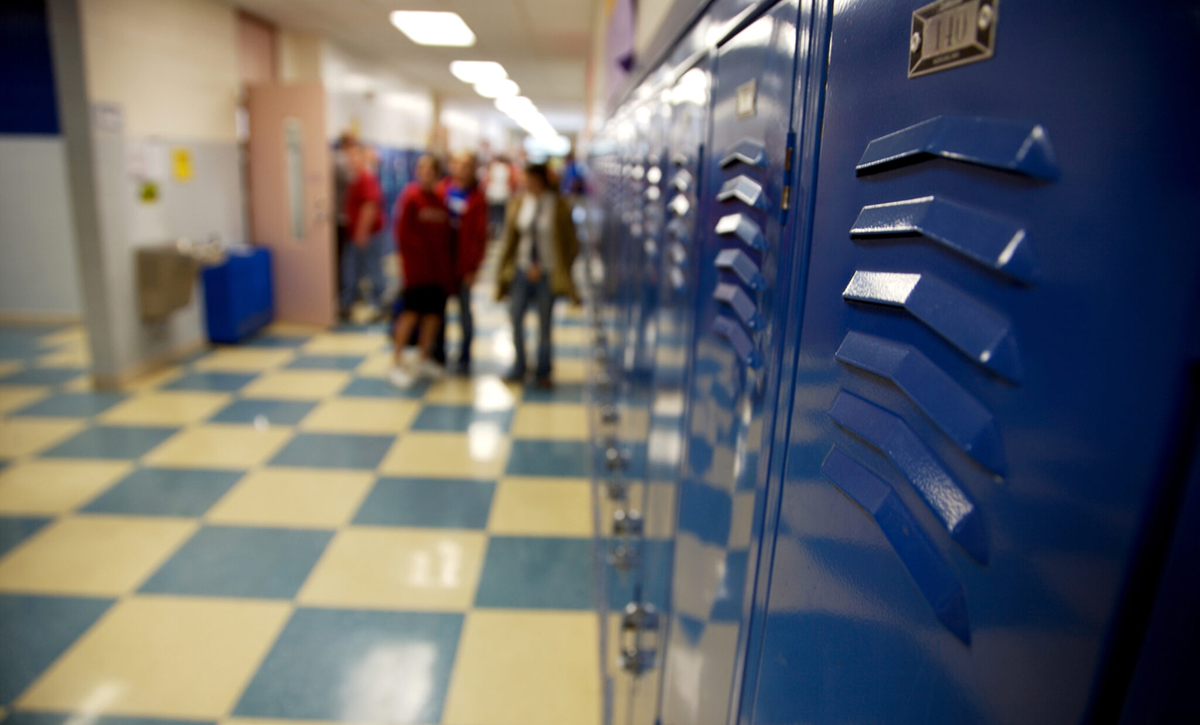Alaska OKs Public Funds for Private Education to Support, Not Replace, Public Ed
Public money can be used for home-school students to attend one or two classes in a private school, opinion by Alaska Department of Law says

Get stories like these delivered straight to your inbox. Sign up for The 74 Newsletter
The Alaska Department of Law issued an opinion Monday saying public money can be spent for home-school students to attend one or two classes in a private school, but can’t be used for most of a student’s private school tuition.
The 19-page opinion says that it’s sometimes legal to use public funds for private school classes through the state’s program that pays for students to attend a correspondence school, or home-school.
“But the more it looks like you’re just trying to send your kid to private school and get subsidized by the state, I think that’s when you start getting into unconstitutional territory,” said Deputy Attorney General Cori Mills, who wrote the opinion.
The opinion found that public money may be spent for individual materials and services from a private school as long as it supports a public correspondence education. But spending public money “to pay most or all, in particular, of a private school’s full-time tuition is very likely unconstitutional,” Mills said during a media briefing Monday afternoon.
According to the opinion: “Using allotment money for one or two classes to support a public correspondence school program is likely constitutional, whereas using public school allotment money to pay for most or all of a private school’s tuition would not be.”
School districts in Alaska can establish state-funded public correspondence schools for families who choose to home-school their children. Correspondence programs can offer what’s known as an allotment program, which reimburses families for educational-related needs of the student, like books, classes, school supplies, technology support, tutoring, music or activity lessons.
While Alaska statute allows families to purchase nonsectarian services and materials from a public, private, or religious organization with a correspondence student allotment provided, the Alaska Constitution says, “No money shall be paid from public funds for the direct benefit of any religious or other private educational institution.”
Striking a balance
Mills said the core analysis of the opinion provides guidance on a “balancing act.”
“The balancing act is determining whether any particular expenditure of public funds is really intended to supplant a public education or incentivize a private education over a public education with the backing of public dollars,” she said.
For example, “things like private tutoring, public or private college courses, extracurricular classes or sports, certain educational materials that meet the requirements of the allotment program, are all very likely constitutional, even if they may provide an incidental benefit to a private school,” Mills said.
In contrast, “using the student allotments to pay for the tuition of a student being educated full-time at a private institution would be highly unlikely to survive constitutional scrutiny,” according to the opinion.
Mills said the facts of each student’s situation matter in determining if the allotment is being used properly. For instance, answers to questions like: What are the specific classes that are being paid for? How do they meet statutory requirements? How is the learning plan set up? What does the public correspondence school teachers say about how this is meeting the public education requirements?
Mills added: “You know it when you see it, like if the heart of something is really trying to provide and meet those public educational requirements, that’s a different picture than someone who really just wants to send their kid to private school, or a district that’s trying to provide access to private schools.”
Attorney general recusal
In mid-May, Alaska Attorney General Treg Taylor’s wife Jodi Taylor wrote publicly on the Alaska Policy Forum website about her plan to seek up to $8,000 in reimbursement from public funding for their two kids attending an Anchorage private school. It was published on some Alaska news sites and blogs. Attorney General Taylor recused himself on May 21 from all matters involving correspondence school allotments and delegated the review to Mills.
While the op-ed resulted in questions to the Department of Law, Mills said the department has assisted the Department of Education and Early Development on interpreting how to implement the correspondence allotment program throughout the years since its enactment in 2014.
“It kind of became clear over the course of these years and what happened earlier this summer that having a formal attorney general opinion that’s public, that could provide guidance to both the (Education) Department as well as the school districts, could be helpful,” Mills said.
To help formulate the opinion, Mills looked at minutes of the Alaska Constitutional Convention to see what the framers of the constitution said.
“At the heart of it, I really believe the framers were concerned with supplanting a public education with a private education. That’s what their worry was,” Mills said. “That is different than supporting or supplementing a public education with the use of some private school resources.”
“At the heart of it, I really believe the framers were concerned with supplanting a public education with a private education. That’s what their worry was.”
– Alaska Deputy Attorney General Cori Mills
Mils said the opinion is for the Department of Education and Early Department and school districts with correspondence schools programs to refer to as they implement their programs.
In response to the Law Department’s opinion, the Department of Education and Early Department spokesperson said the department “is reviewing the opinion from the Department of Law and will work with districts to ensure compliance with the law and that correspondence allotments are used to reimburse only allowable expenses.”
Alaska Beacon is part of States Newsroom, a network of news bureaus supported by grants and a coalition of donors as a 501c(3) public charity.
Get stories like these delivered straight to your inbox. Sign up for The 74 Newsletter

;)